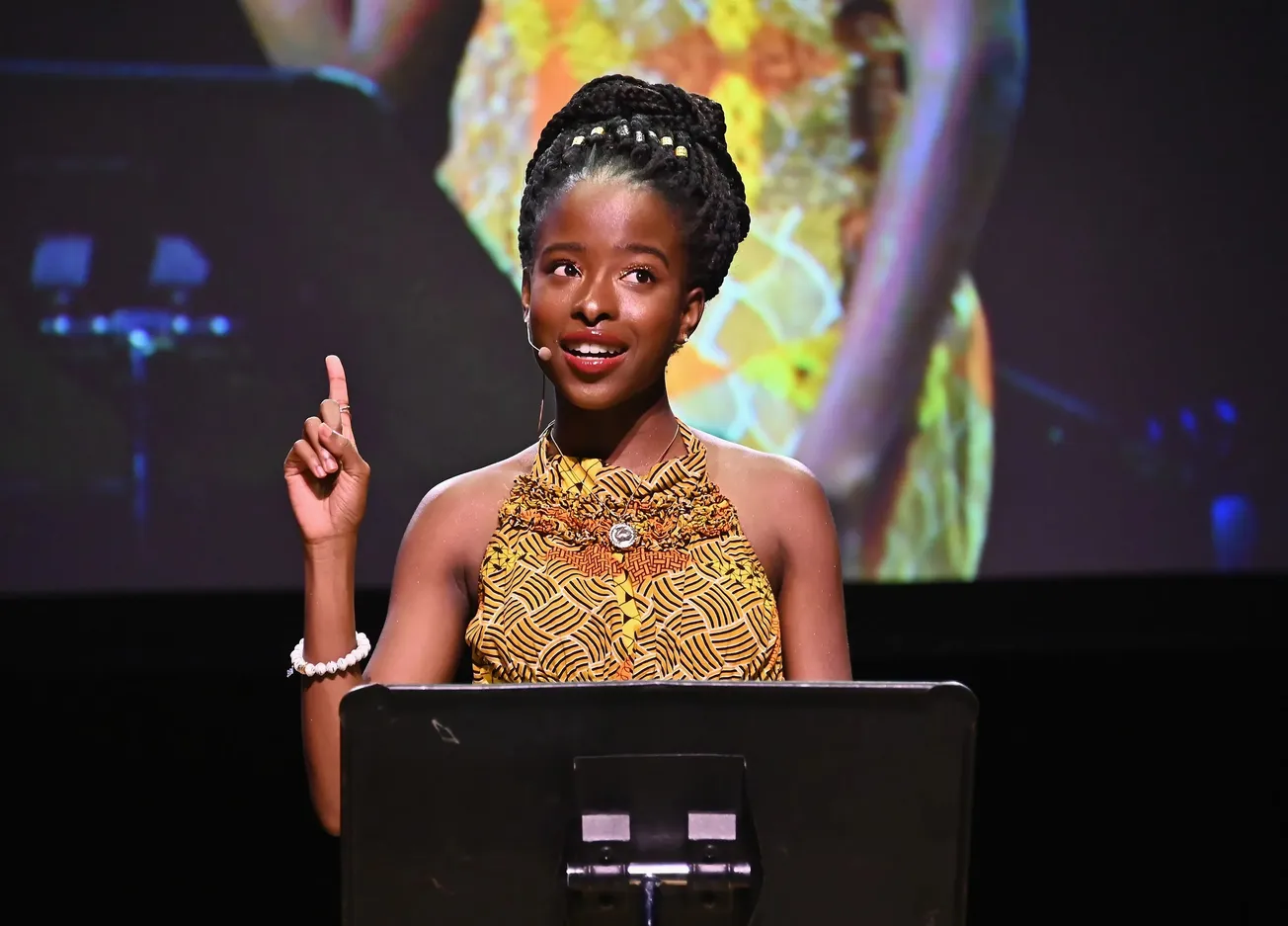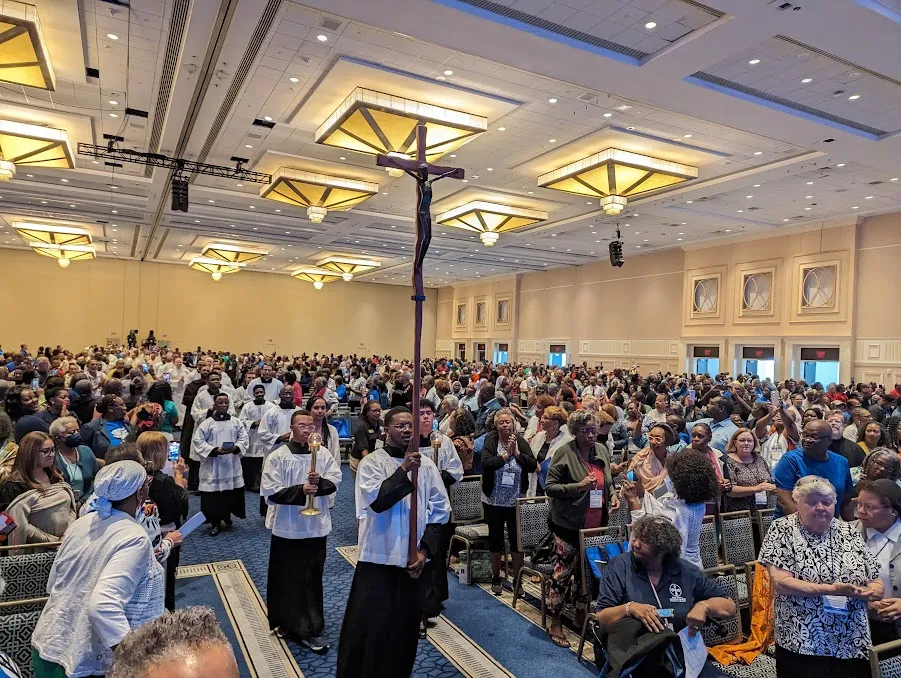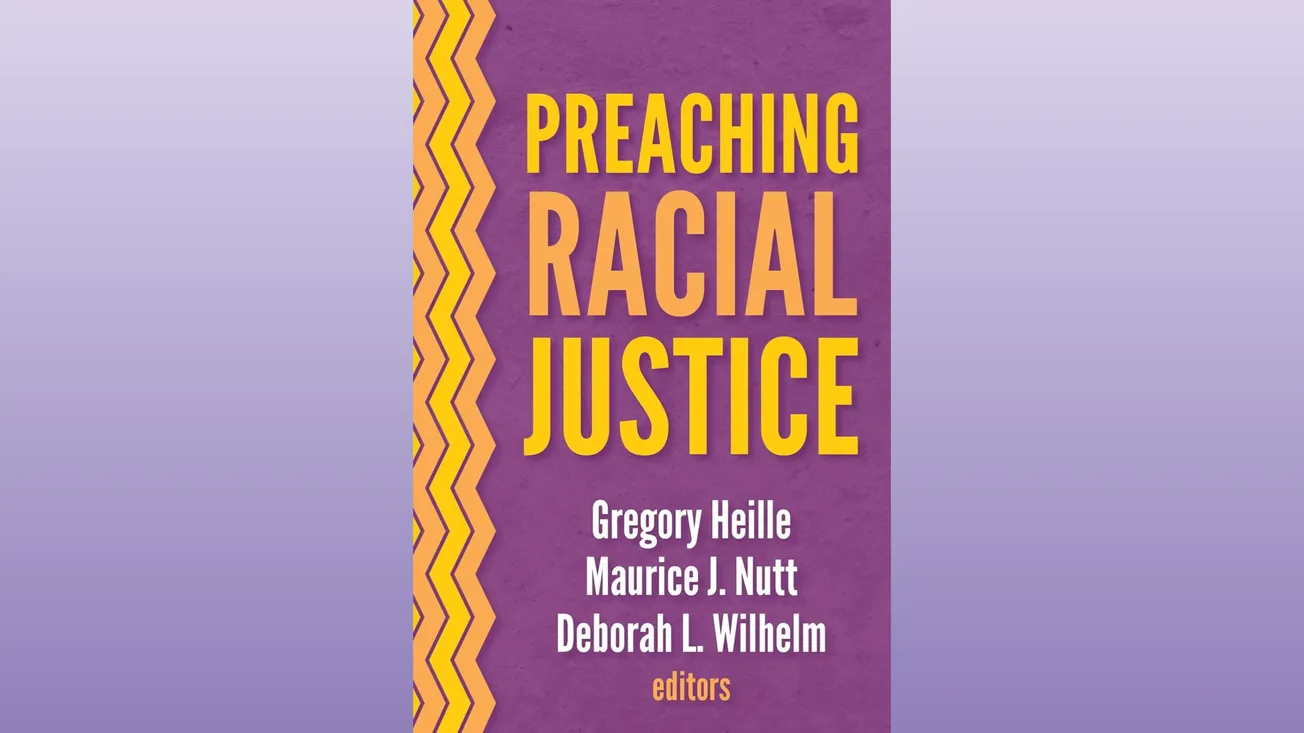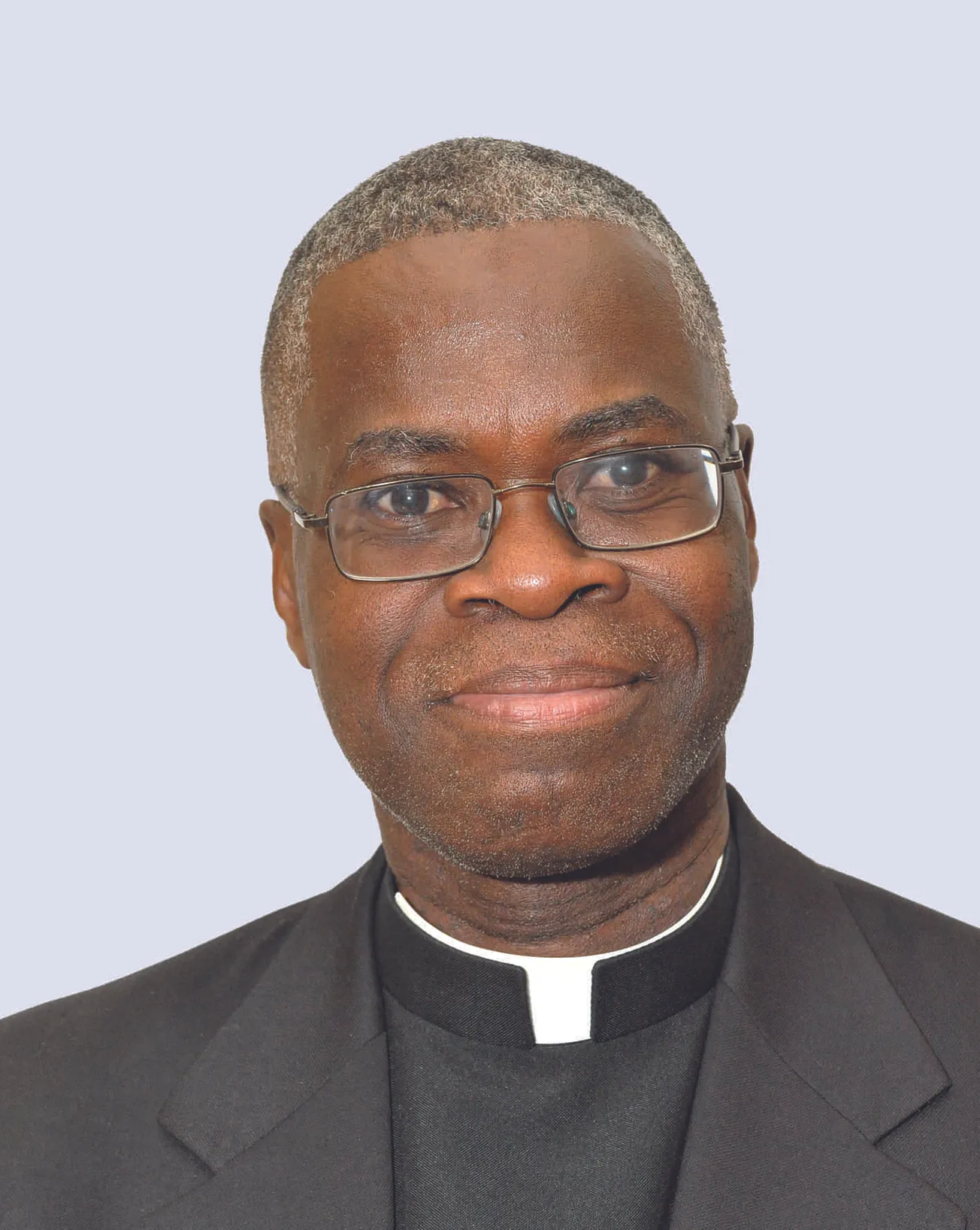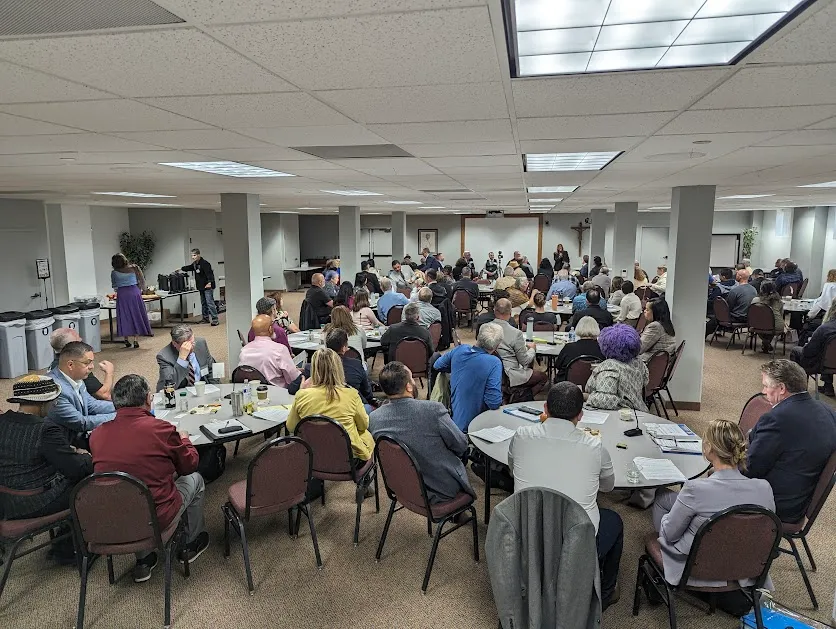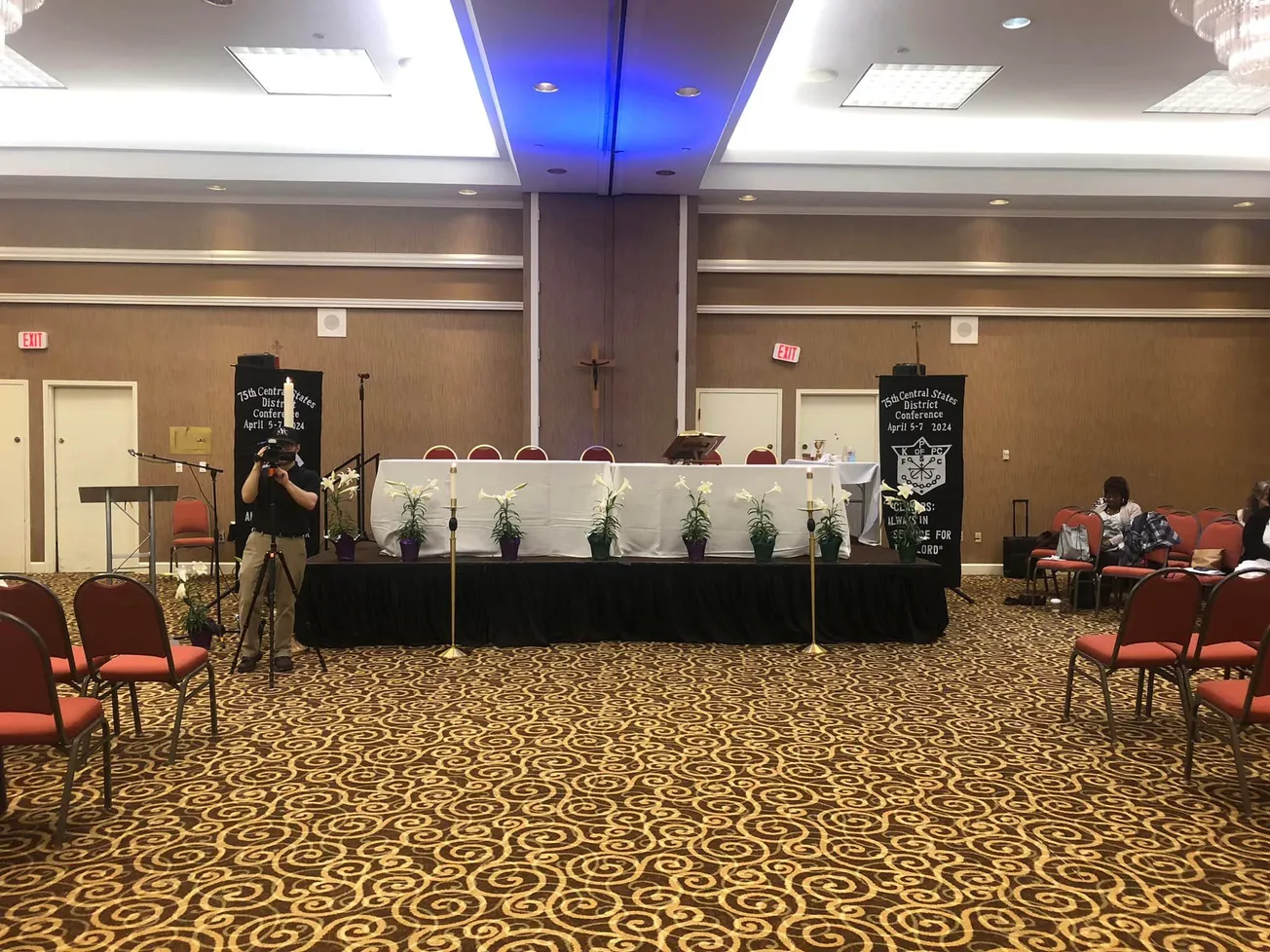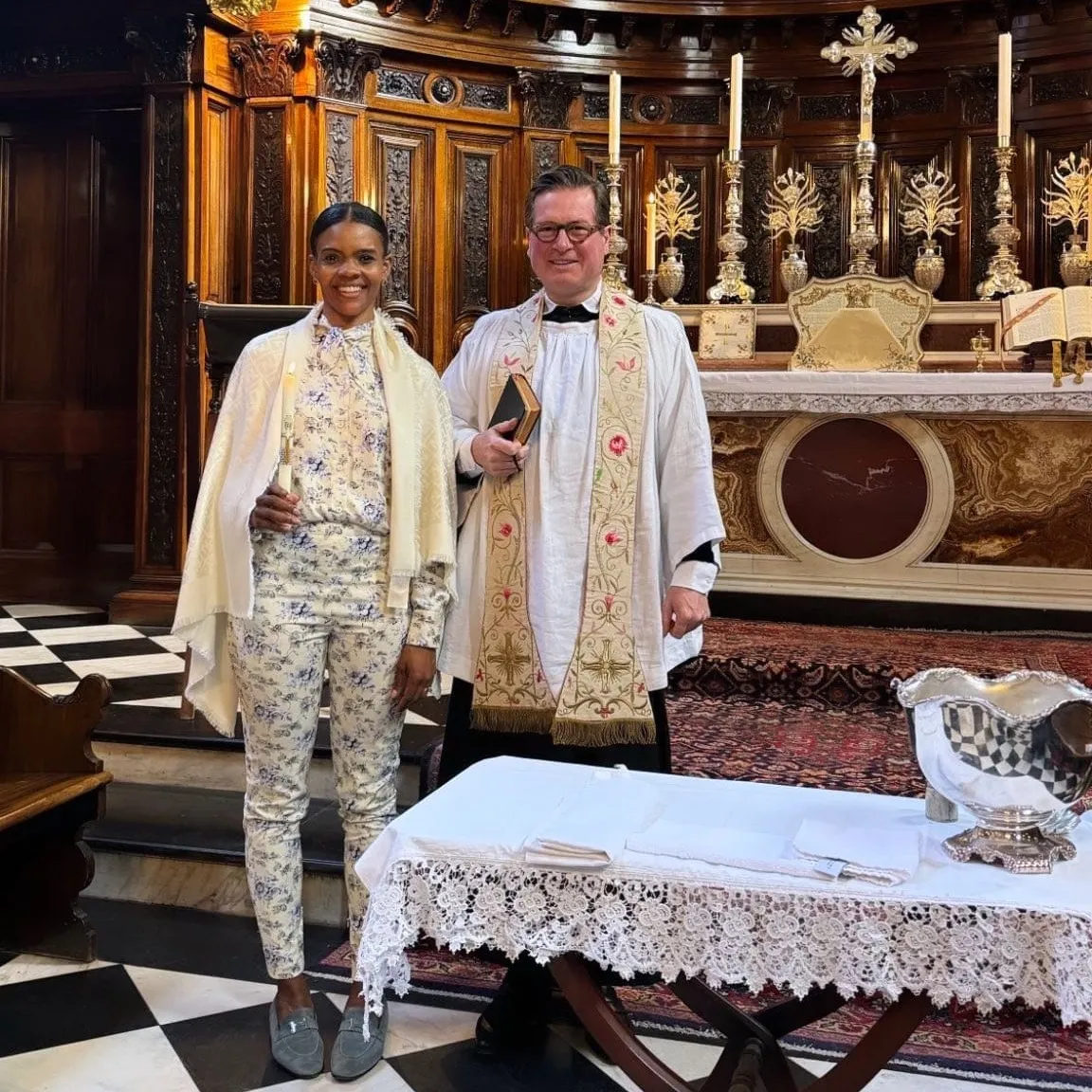Amid growing controversy in public institutions over banned books and the teaching of authentic Black history, author Amanda Gorman has spoken out, calling the moves a sure way to “lose ourselves.”
The 25-year-old Catholic poet posted the comments this week on social media, following the announcement that children’s publisher Scholastic would no longer automatically include certain controversial banned books in their popular elementary school book fairs.
Among those titles, which cover various topics such as LGBTQ+ issues and anti-Black racism, is Gorman’s New York Times bestseller “Change Sings: A Children's Anthem,” released in 2021 to rave reviews.
“Sequestering and isolating and separating the books that we need more than ever right now is not the way forward,” she said in a three-minute video posted Thursday on Instagram and Twitter.
“I implore Scholastic to explore other options to think strategically and creatively around this conversation of how do we not further censorship but instead include these authors in our fight against book bans.”
Stunned that @Scholastic Book Fairs is self-censoring the books in its “Share Every Story, Celebrate Every Voice,” which are predominantly by queer, disabled, & Black & brown authors. This is not sharing our stories--it's treating them as separate but equal. pic.twitter.com/4pfcZ1C9Df
— Amanda Gorman (@TheAmandaGorman) October 20, 2023
Scholastic is just the latest organization entangled in the conservative book ban movement since 2021, when conservative parents and lawmakers began a quest that has since escalated into statewide legislation banning thousands of books deemed inappropriate for young readers.
The surge is thought to have originated with the global racial reckoning sparked by the 2020 murder of George Floyd, which was further animated by the 2021 terrorist attack at the U.S. Capitol Building on January 6. Just weeks later, Gorman herself skyrocketed to international fame with her reading of a poem, “The Hill We Climb,” at President Joe Biden’s inauguration.
The book version of the poem, also a bestseller, has since come under fire due to its advocacy for Black pride and against racism, two topics often targeted in recent book bans. Since its release, it has become one of more than 1,600 titles banned from some schools and public libraries.
Gorman said the new move from Scholastic “felt like a betrayal.”
“As an elementary student, for weeks I’d save every single penny I had for the Scholastic Book Fair, because it felt like a free place that invited me to explore and choose for myself what books I wanted to read, what worlds I wanted to access, what stories could finally find myself reflected within.”
For its part, Scholastic says its decision to include controversial titles in an optional “Share Every Story, Celebrate Every Voice” section for its book fairs is about keeping the books available, not restricting them.
“We don’t pretend this solution is perfect—but the other option would be to not offer these books at all—which is not something we’d consider,” the company said in a statement on October 13.
“There is a wide range of diverse titles throughout every book fair, for every age level. And, we continue to offer diverse books throughout our middle school fairs, which remain unchanged. “
Sales of Gorman’s books reportedly hit a new peak earlier this year after they were banned in states like Florida, where governor and presidential hopeful Ron DeSantis has led an unrelenting campaign that many have called the “War on Woke.”
Gorman topped the bestseller lists again this month with her new children’s book “Something, Someday,” her fifth title released since 2021. Amid her continuing success, she is calling for supporters to fight for legislation that will keep her books—and those of similar authors—on the shelves.
“As strange as it feels to post about something as simple as books in these chaotic and violent times, I truly believe that stories are where we access each other’s humanity in times of darkness,” she wrote.
“To censor them is to lose more than everything: it’s to lose ourselves, which is to say, one another.”
Nate Tinner-Williams is co-founder and editor of Black Catholic Messenger.



